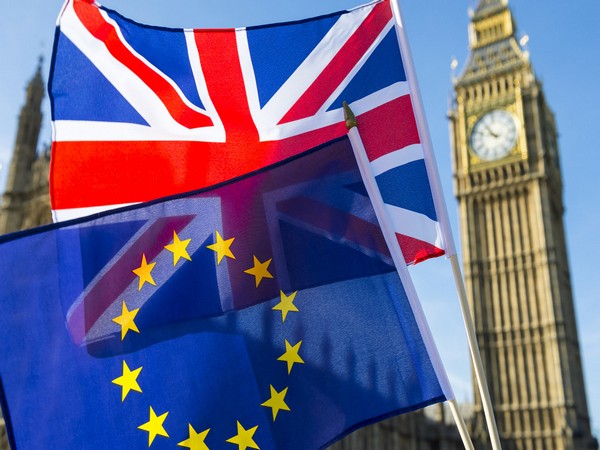FACTBOX-Key hurdles blocking way to post-Brexit deal

- Country:
- United Kingdom
London and Brussels are already sparring over the terms of their future relationship, just days after Britain's historic departure from the European Union. TIME
Britain will continue to obey the EU's laws during a transition period until the end of December. Given taking back control was a key part of the pro-Brexit campaign, British Prime Minister Boris Johnson has ruled out any extension of that period, but the EU says that leaves too little time to seal more than a "bare-bones" trade deal.
Negotiations will not start until March and they will need to reach an agreement by mid-October to leave time needed to translate it from English into the EU's other 22 official languages and secure parliamentary approval. Otherwise, a "cliff edge" scenario would leave trade between Britain and the EU based on 2021 on World Trade Organization (WTO) terms that would lead to import duties and controls.
ZERO DUMPING Both sides want a "zero tariffs, zero quotas" deal, but the EU says it requires a guarantee of "zero dumpings".
Brussels says Britain would have to align with the EU on state aid, environment, tax, labor, and social policies to protect EU consumers and shield EU businesses from unfair competition. Britain insists it will diverge but its standards will not necessarily be weaker: for example, it says it has resorted to state aid far less than some EU states.
Britain has said it would be open to a trade deal similar to the agreement the EU has with Canada. The EU-Canada deal will remove 99% of tariffs and limited quotas, but Ottawa has not had to align its rules with the EU. Brussels counters that Britain's geographical proximity and UK-EU economic interdependence make alignment necessary to protect EU consumers and businesses.
Johnson has suggested an alternative Australia-style arrangement. But most EU-Australia trade runs along with basic WTO rules, so this would effectively be a no-deal. Australia itself also wants a trade deal with the EU. FISH & FINANCE
One of the biggest challenges will be fishing rights. Regaining control of Britain's rich fishing waters was a totemic issue for many Brexit campaigners.
The EU has some leverage. Many British fishing communities rely heavily on selling to EU markets, particularly for shellfish.
The EU also insists a fish deal must be an integral part of an EU-UK trade deal. This is an extension of its overall stance that the negotiations cannot be broken into smaller parts on which it might be easier for Britain to win concessions. Accordingly, Brussels has linked - though not explicitly - the fish spat to access to EU markets for Britain's giant financial sector.
THE EU COURT OF JUSTICE The EU wants a partnership with arrangements for dispute settlement, including a role for the Court of Justice of the European Union to make binding rulings.
The British government has rejected this because, it says, the EU court would not be a neutral arbiter. IRISH BORDER
Under the withdrawal agreement reached in October, Northern Ireland will leave the EU's customs union but remain aligned with single market rules for trade in animals, animal products, food, and manufactured goods. This arrangement maintains the frictionless border between EU member state Ireland and the UK province of Northern Ireland that was a key part of the 1998 agreement to end 30 years of violence.
However, it will require customs and regulatory checks at ports to ensure that goods coming from mainland Britain to Northern Ireland conform to EU standards. Johnson has said there would only be such checks if Britain fails to secure a zero tariff-zero quota deal with the EU, which officials in Brussels say is untrue.
GIBRALTAR Johnson said on Monday that London will be negotiating on behalf of the UK family, which includes Gibraltar, a rocky British enclave on Spain's southern tip.
However, the EU's position is that it will not be included in the negotiations, and any separate agreements on Gibraltar - over which Spain has territorial claims - would require approval from Madrid.
(This story has not been edited by Devdiscourse staff and is auto-generated from a syndicated feed.)
ALSO READ
Canada's spy agency claims India tried to interfere in 2019, 2021 elections
India & Pakistan attempted to interfere in Canada's elections, alleges Canadian spy agency
Canada pledges to spend more on defense; US applauds move
Total solar eclipse exits Canada after cutting across North America, reports AP.
Weather is the hot topic as eclipse spectators stake out their spots in US, Mexico and Canada










